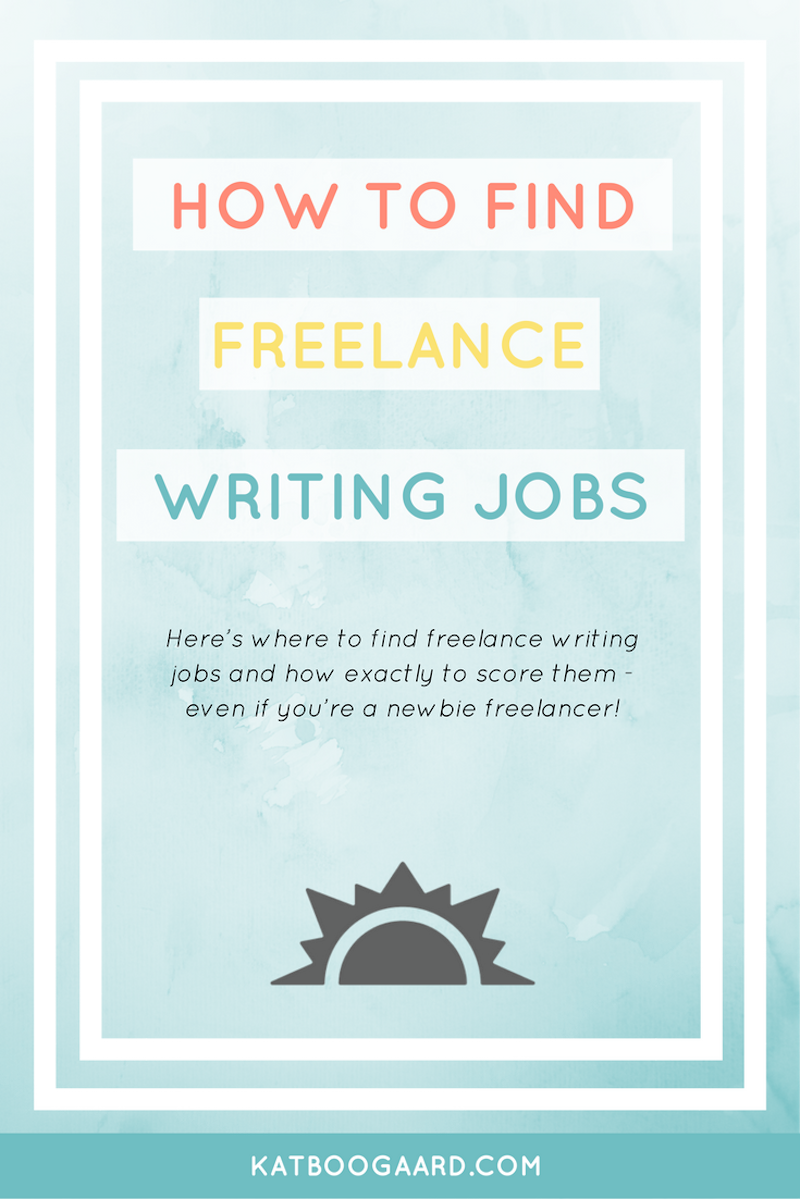- Jul 1, 2023
- pushpinder
- blog
- 0 Comments
Peer-reviewed, revealed journal posts appear from incredibly educational resources and are seriously and consistently scrutinised by various teachers just before they can get published. Web site posts, at the other end of the spectrum, can be published and unfold by any individual, and confront no better scrutiny than the hearth in a comments part!However (and it really is a large ‘however’), while the hierarchy undeniably applies to your references, there is almost nothing to say that you are unable to read through those people lessen down on the hierarchy.
Certainly, on line encyclopedia entries are amazingly useful for orienting you and offering qualifications for your decided on get redirected here location. It is from these webpages that you can discover the ‘big names’ in the spot – a position that prestigious journal queries won’t do for you. For instance, if you are a scholar of Literature and you type ‘Literary Theory’ into Wikipedia, the resultant website page details you towards names like Leavis, Derrida, Foucault and Fish – some of the most important names in the spot.
On the other hand, if you started your lookup on Google Scholar, you’d be pointed to Carroll, Ronen, Barry and Scholes – all somewhat new and much less influential contributors to the area. So really don’t knock Wikipedia. Just admit what it is, and don’t cite it instantly! It is a general overview that can serve as a springboard to other reading through.
- That which is critical thinking and how do you find it used in essay composing?
- How does one create a strong conclusions?
- Exactly how do you compose a DBQ essay?
- Tips on how to create an investigation offer?
How do you generate an effective realization with an essay?
(Top rated Idea: use the reference listing at the bottom of the Wikipedia site to find more prestigious resources. )How do I browse my study?This is a common problem.
Most starter essayists are surprised when confronted with the apparently extremely hard: a 30-item looking at record and a two-week deadline for a few thousand terms. Of course, creating three thousand terms in two months will not feel over and above the realms of probability – it is really the insane job of examining 30 publications and papers in that time as properly that stumps men and women. Fortunately, there is an unwritten rule about studying lists that I’m going to make a penned rule:You never have to go through it all. That may possibly sound like blasphemy, but it is a real truth universally acknowledged by lecturers. Read the main substance in its entirety, of study course – two times, even.

But the secondary content, think about being much more picky. The way I see it, there are 3 distinctive sorts of secondary source with distinct methods to just take to looking at them:rn”Fortunately, there is an unwritten rule about looking through lists that I am going to make a published rule:You never have to examine it all. “Overview texts- Read the total entry (they are under no circumstances comprehensive, by definition), generating note of recurring or salient names and concepts.
Journal articles or blog posts- Read the abstract initially, to see if it can be truly worth your time then, go through the conclusion, for the gist of it then, if it appears like gold, then browse some additional from the middle, to get some quotable substance. Books- Like with journals, read the contents initially, to come across a chapter heading that seems appropriate to you study the first webpage of that chapter, to validate that it can be suitable then read the previous paragraph for an govt summary last but not least, if it appears well worth it, then sift by way of the chapter for soundbites. This way, you can get ten occasions more reference product than if you’d been thorough. It may well seem dismissive, but when the deadline is restricted, then efficiency is every thing.
I learnt this in the course of my undergraduate degree at the University of Oxford when I was tasked with writing about seven thousand words and phrases a week in tutorial essays. Don’t sacrifice sleep for the sake of a more extensive read through.
What to do with your research. This problem, that logically follows from the query of how to browse, is uncomplicated to answer… as straightforward as ABC:For just about every textual content you browse, you want to be in a position to lift out an summary (a bullet-level summary of the gist, including controversies), a number of bites (direct quotations lifted from the text, with site quantities), and a quotation (the comprehensive reference for the text you’re looking at).

